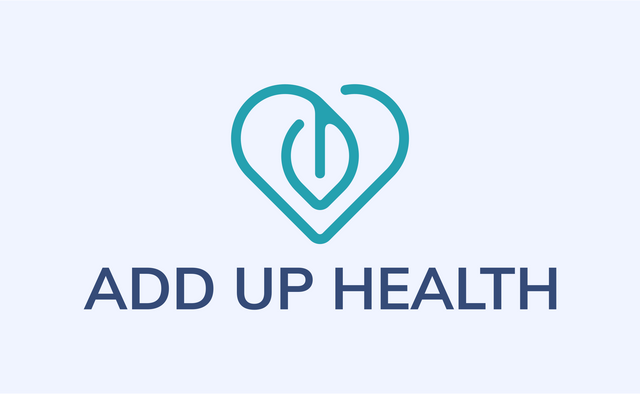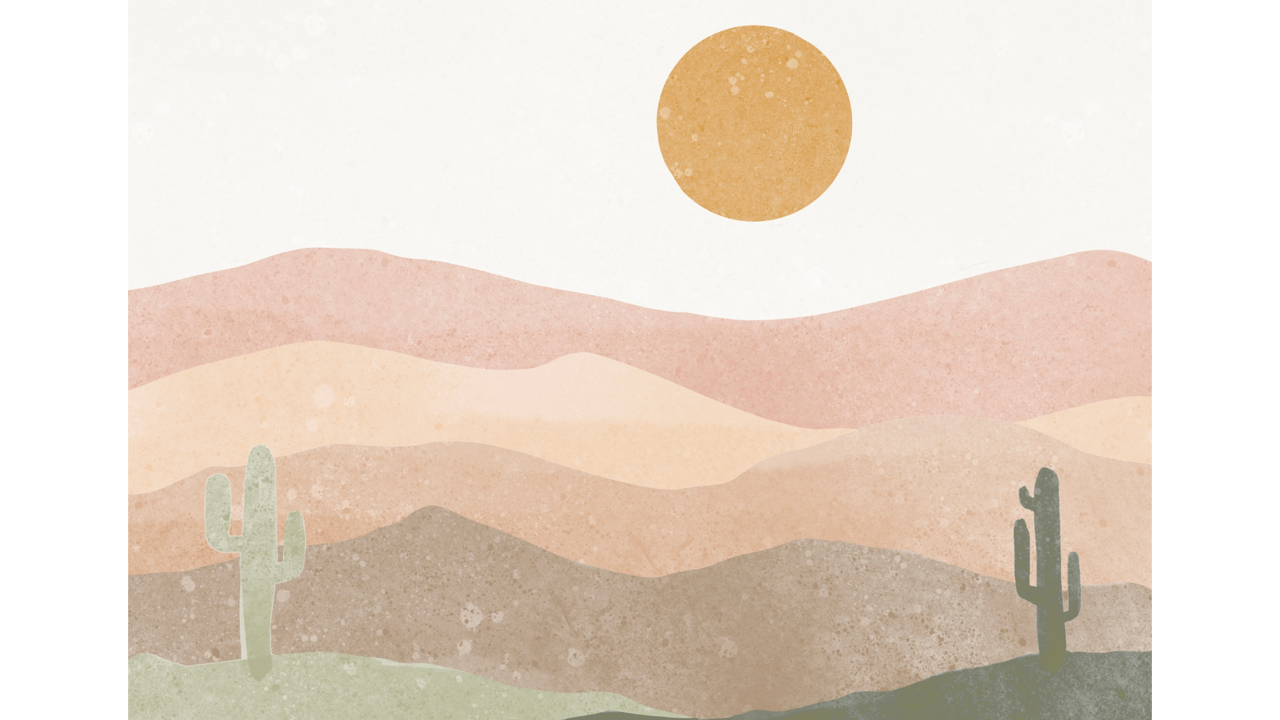Systemic inequities* in our food system have led to food deserts.
What Is a Food Desert?
A food desert is an area where it is hard for people to access fresh, healthy and affordable produce. In the United States, it is typically an urban area marked by socioeconomic disadvantage, resulting from a long history of discriminatory policies against Black families and households. It is important to note but the term has also faced some important criticisms https://sentientmedia.org/food-desert/.
I recently wrote a blog post called Motor Oil vs. Healthy Food where I referred to a person living in a small town. Sadly, the town has only one grocery store and the selection is horrifying. I will refer to this as a food desert as well. In both urban and rural food deserts I would argue the food-like products that are often the only available options to eat are actually making us sicker and slowly killing us. In food deserts such as these one might see a plethora of fast food, gas stations, liquor stores, and perhaps a conventional grocery store that sells very little actual food. Let me take you on a trip through one of these grocery stores.
At first foggy glance one might think “oh look, fruits and vegetables”. When I put on my Notice and Wonder glasses (see blog post here) I see zero organic fruits and vegetables, and much of what I see is along the lines of tasteless, dull tomatoes, iceberg lettuce, and the like. Yes, you will get some nutrients from it but not many (to learn more download my free infographic Navigating the Grocery Store or check out my blog post on Navigating the Grocery Store/Guide to Buying Real Food here). As I walk away from the produce and around the perimeter (where typically real, whole food is displayed compared to the boxes, cans, and bags of obvious processed and ultra-processed food in the inner aisles) I see walls of meat – most of it processed with nitrates and/or msg. I see a dairy section with again, no organic selections. The cottage cheese has fillers, all of the yogurt and kefir has added sugar, all of the milk is ultra-pasteurized and homogenized, and most of it is fat-free or low-fat. Holy moly I think I am still shopping in the 90s! The coffee creamers have zero cream and are full of seed oils, and my favorite – the wall of fake butter. So. much. Garbage. And you know what? The majority of the people working and shopping there are unaware that the products in the store are making them sick. They believe the messaging they have received says that this stuff is healthier than real food.
I occasionally find exciting gems, however. Frozen Ezekial bread tucked away up high. Organic coconut sugar in the baking section, to name a couple. And I BUY them when I see them – to get the point across that they are IN DEMAND. I am privileged to be able to afford such food and I also make it a priority. As a single working mom of two kids who ate a lot of healthy food I have a ton of tips and tricks to save time and money. I would be honored to help you navigate this in your life as well. Click to view my Offerings.
How did these gems arrive on the shelves? I bet I know. Someone was brave enough to advocate for a specific product and it showed up. Try it yourself. What have you got to lose? Talk to the manager, write an email. See if there is a suggestion box. I do not believe that I will be able to influence legislation and do anything to sway the multi mega corporations that are steering food production in the United States these days. I do believe that with your help, we can start to advocate, put our $$ where our mouth is (pun intended), and little by little change what is offered at the places we shop. If you have the privilege of being capable of influencing what is in your store I believe it is your duty as well. This could, in turn, trickle down to what is offered and acceptable in food deserts as a whole. That would be a win for all of us, collectively.
*Inequity and Inequality in Health
Inequity and inequality: these terms are sometimes confused, but are not interchangeable, inequity refers to unfair, avoidable differences arising from poor governance, corruption or cultural exclusion while inequality simply refers to the uneven distribution of health or health resources as a result of genetic or other factors or the lack of resources. https://globalhealtheurope.org/values/inequity-and-inequality-in-health/

